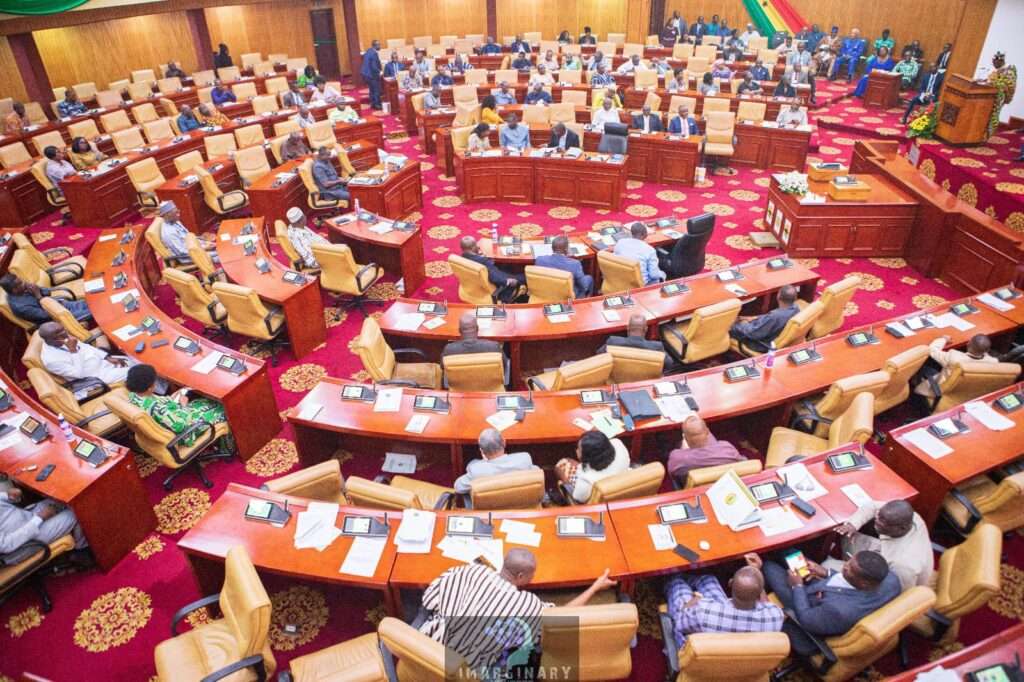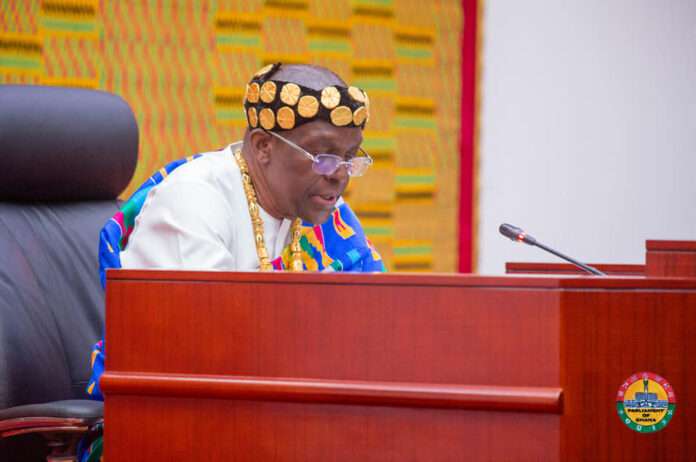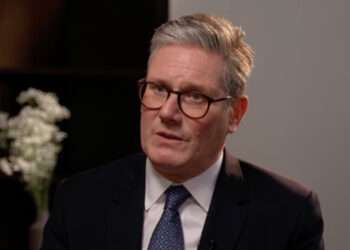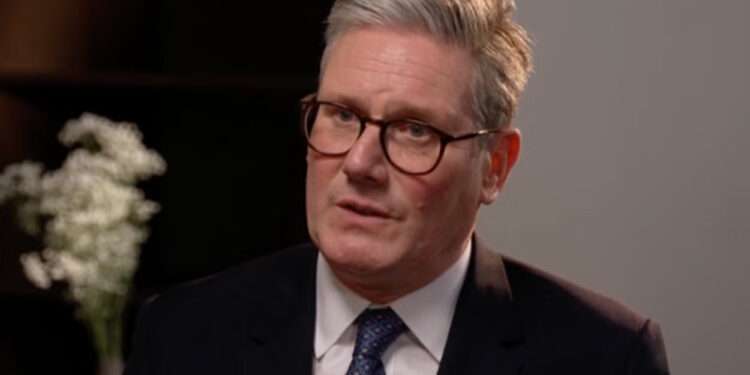In a renewed effort to strengthen economic governance and boost legislative oversight, Ghana’s Parliament has launched a new capacity-building initiative with support from key development partners, including the World Bank and the United Kingdom’s Foreign, Commonwealth and Development Office (FCDO).
The project, themed “Building the Capacity of Parliamentarians for Economic and Financial Governance,” was formally unveiled in Accra and is being hailed as a vital step toward fiscal accountability and sustainable development.
At the launch, Speaker of Parliament Alban S.K. Bagbin addressed members of the legislature, stakeholders, and representatives of donor institutions, emphasizing the critical need to enhance Parliament’s ability to navigate today’s challenging fiscal landscape.
According to Bagbin, the demands on legislative bodies have grown significantly as both global and domestic economies face complex and unpredictable conditions.
He stressed that Ghana’s legislature must now take a central role in steering the country’s financial and economic governance in a more accountable and transparent direction.
“We are in Ghana facing these challenges partly because of the weakness of the institution of parliament. If we don’t approve, nobody will borrow and nobody will spend. So if there’s a debt overhang, it’s because parliament approved that Ghana should go into that deep hole.”
Alban S.K. Bagbin
The Speaker argued that economic governance is at the heart of democracy and must not be undermined.

He stated that the effective functioning of the state depends not only on civil society and the media but fundamentally on Parliament’s constitutional authority to check the Executive.
“As much as we strengthen civil society… the only instrument that can hold a powerful executive to account to the people is parliament, legitimately granted by the constitution; no other person or group of people can do it.”
Alban S.K. Bagbin
Bagbin did not shy away from acknowledging Parliament’s own failings. He said the House must shoulder part of the blame for Ghana’s current economic woes due to what he called a “failure in our duty to hold the various governments and presidents to account.”
However, he was quick to add that Parliament is taking action to rectify this, pointing to recent reforms aimed at enhancing institutional accountability.
Parliament Revamps Oversight With Bold Reforms
Midway through his remarks, Speaker Alban Bagbin highlighted one of the most significant moves under his leadership: the revision of Parliament’s Standing Orders in 2024.
This marks the first such update in over two decades and has led to the creation of 12 new committees and oversight offices.
“Parliament must, as a matter of necessity, follow up on this transformative review to build its capacity to examine economic policies, scrutinize budgets, and ensure the proper functioning of accountability mechanisms to ensure prudent utilization of public funds.”
Alban S.K. Bagbin

The new initiative, supported by the World Bank and the UK FCDO, is designed to give Parliamentarians the tools and training necessary to meet this expanded oversight mandate.
Bagbin acknowledged both partners for recognizing the importance of reform and committing their support to building Ghana’s parliamentary infrastructure.
According to the Speaker, the World Bank, drawing on its global experience in governance reform, and the UK’s Foreign, Commonwealth and Development Office, known for its dedication to supporting democratic institutions, have both embraced this renewed effort to enhance accountability and transparency in how Ghana manages its economy.
Hon. Bagbin stated that the initiative will primarily target key economic and financial committees—namely, the Economy and Development Committee, the Ways and Means Committee, and the Budget Committee—which are expected to spearhead the adoption of improved practices in budget scrutiny and fiscal oversight.
“A project which identifies a number of economic and governance committees [including the Budgeting Committee]… [which] is meant to follow through the process of budgeting and not to wait for it to be brought at the eleventh hour for parliament to stamp it without going through the setting of the priorities and the allocation of the resources.”
Alban S.K. Bagbin

Accordingly, Bagbin called for a shift away from rubber-stamping budgets toward an anticipatory and participatory approach in determining priorities.
He noted that such reforms were long overdue and necessary if Ghana is to ensure the proper use of public funds.
In conclusion, Bagbin reaffirmed that Parliament is committed to institutional reform and fiscal accountability.
He expressed confidence that the new capacity-building project would not only deepen legislative oversight but also rebuild public trust in the country’s democratic institutions.
“These are not only demanding in nature but also require a deep understanding, a mix of skill sets and competences to manage the situation. The governance institution in Ghana’s legal framework to superintend and ensure that things work in the interest of the people is parliament.”
Alban S.K. Bagbin
With this renewed focus on economic governance, Ghana’s legislature appears poised to take on a more assertive role in ensuring that public funds are not only approved with due diligence but are also monitored throughout their implementation.



















